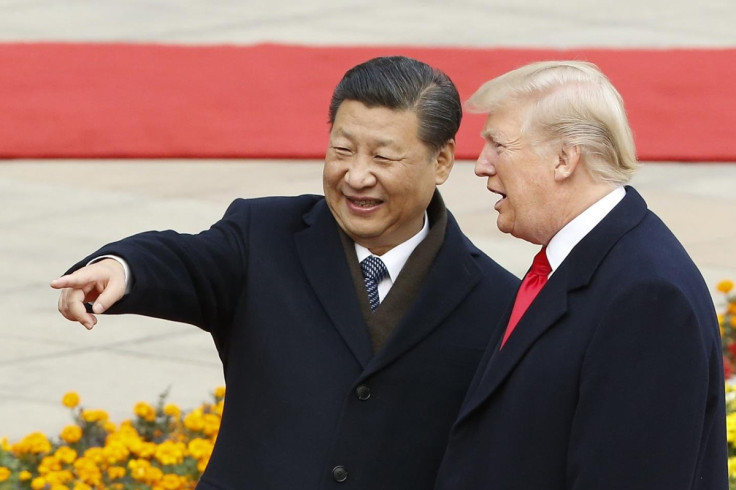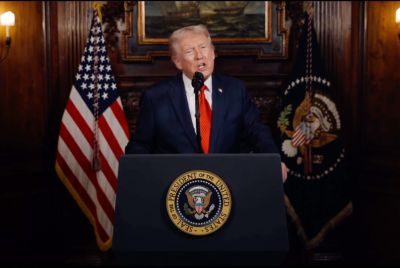US and China to Clash in Sweden: Will Trade Truce Survive Beyond August?
In April 2025, China restricted exports of seven rare earths, prompting US countermeasures on chip software and jet engines, which eased after June talks in London.

In order to prevent a resurgence of trade war between the world's two largest economies, US and Chinese negotiators are meeting in the Swedish capital of Stockholm today to extend a fragile tariff truce set to expire on 12 August.
Led by US Treasury Secretary Scott Bessent and Chinese Vice Premier He Lifeng, the talks address global supply chain stability, US tariffs on fentanyl-related imports, and China's purchases of sanctioned oil.
Urgent Push to Extend Tariff Detente
The Stockholm talks, the third in three months, follow a June 2025 preliminary deal that halted escalating tit-for-tat tariffs. Without an extension, tariffs could exceed 100%, disrupting global supply chains, per Reuters.
'I'm going to be in Stockholm on Monday and Tuesday with my Chinese counterparts,' Bessent said on Yahoo Finance, noting the 12 August deadline.
A South China Morning Post report, cited on X by @amitisinvesting, suggests that a 90-day extension is expected, which would delay new tariffs on semiconductors and pharmaceuticals.
China faces a 55% tariff rate, including a 20% levy tied to the fentanyl crisis, which Beijing seeks to reduce, arguing it could lower the US trade deficit of £224 billion ($300 billion) in 2024.
The US business community sees progress on fentanyl as the 'biggest opportunity' for tariff relief, according to Sean Stein of the US-China Business Council.
Hosting the US-China trade talks in Stockholm, starting on July 28, highlights Sweden's neutral diplomatic stance, with both nations selecting the city at a G20 meeting, according to Bloomberg.
The negotiations are vital for Sweden's export-driven economy as well. A tariff escalation could disrupt Sweden's £380 million ($509 million) trade surplus, impacting its tech and automotive sectors, as failure to extend the 12 August truce risks destabilising global markets.
China's Leverage and Broader Disputes
China's dominance in rare earth minerals, critical for electric vehicles and military hardware, gives it significant leverage, as noted by CNN.
In April 2025, China restricted exports of seven rare earths, prompting the US to take countermeasures affecting chip software and jet engines, which were eased after talks in June in London.
'China won't play along with attempts to kill Russia's economy,' said Lv Xiang of the Chinese Academy of Social Sciences, addressing US concerns over China's sanctioned oil purchases.
Analysts, including Bo Zhengyuan of Plenum, refer to this as a 'small yard, high fence' approach. So far, the 'yard' hasn't gotten any smaller,' he said. However, the complexity surrounding export controls and economic strategies dims hopes for a breakthrough.
X posts from @Alea_ reflect this sentiment: 'Insiders say trade talks unlikely to yield breakthroughs, but no escalations anticipated.'
Implications for Global Trade and Diplomacy
The talks take place amid Trump's aggressive trade agenda, following recent 15% tariff deals secured with the EU, Japan, and others.
A 90-day truce extension could pave the way for a Trump-Xi meeting in late October, although a new tariff flare-up risks derailing it, according to Wendy Cutler of the Asia Society Policy Institute.
Swedish Finance Minister Elisabeth Svantesson noted both nations chose Stockholm after proposing it at a G20 meeting, highlighting Sweden's neutral role.
Failure to extend the truce could result in US tariffs rising to 145% and Chinese tariffs increasing to 125%, potentially impacting £532 billion ($713 billion) in annual bilateral trade.
© Copyright IBTimes 2025. All rights reserved.



















